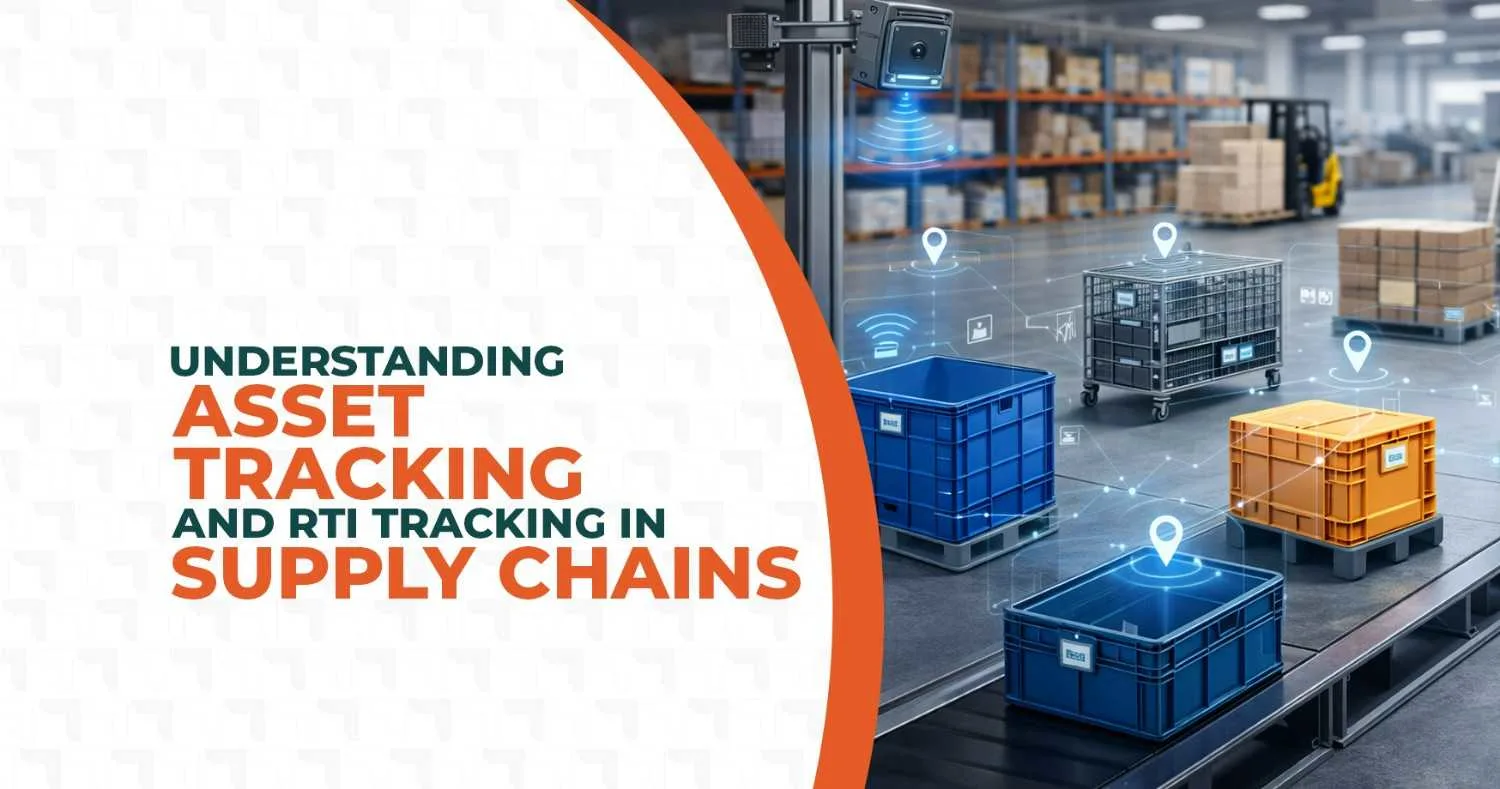
How CEOs Leverage Supply Chains to Ensure Business Success
CEOs have a tough job at hand. From being responsible for a company’s growth and success to ensuring steady profits to building a brand to making customers happy – the responsibility is multifaceted, and the role comes with a ton of challenges. Usually, they come with a specialization in any one aspect of a business: Finance, Sales, or Marketing. Yet, they are expected to wear a variety of hats and solve problems often far removed from their fields of expertise. What usually sets smart CEOs apart is their mindset and approach to supply chains. These CEOs understand the importance of a supply chain and how it can impact the business and help them achieve their KPIs. If you are wondering how a supply chain can be of such paramount importance, let us first define what a supply chain is. The supply chain of today has come a long way from its traditional definition.
Understanding the ‘New’ Supply Chain
Up until a few decades ago, the supply chain was restricted to activities such as procurement, warehousing, freight, and logistics. It was considered a back-office function with little to no effect on customer service or satisfaction, revenue generation, or brand building. Today, supply chains have evolved to become the fulcrum of an organization, influencing every other business function and, hence, are of critical importance.
Additional Read: What is Warehouse Management System How have supply chains changed now?
Supply chains have grown in scope and now include myriad other functions today, such as customer service and order management, last-mile delivery and related services, strategic and operational planning, asset and inventory management, cash flow management, manufacturing, time to market, digitization of processes, cost management and control, after-sales service, return-order processing, and risk management. In short, efficient supply chain management is the key to success for any business today. With this definition in mind, it's evident that CEOs today need to exercise control and invest in their supply chain. So, how are business leaders using supply chains to their maximum advantage? Let’s find out…
Recommended: Supply Chain Management
Solutions
1. Customer Experience
Customer expectations have evolved over the years. Today, customers expect complete traceability of their order, the highest quality products at the most affordable price, an easy return process, and real-time information on the availability of products across channels. Managing a supply chain well allows business leaders to ensure all these and more, allowing them to build trust in the brand and grow their customer base by building a solid reputation. If it’s a promise made by the Sales and Marketing team, it's delivered via a well-oiled supply chain!
2. Brand Building
Imagine being handed two boxes, the contents of which you cannot see. You are told that one of the boxes contains the latest product by Apple, and the other contains a similar product from a new company, let’s say XYZ. Which box would you pick if you could keep the contents for free? Most people would go for the Apple product, even if they do not know what product it is, agreed? That is the power of a brand. It takes time and effort to build, but once it is established, you can reap the benefits for ages. Today, anyone who buys a product checks for customer reviews and ratings. When you can consistently provide a satisfactory customer experience, your reputation grows. So, managing a supply chain well has the potential to grow your business exponentially over time.
3. Competitive Advantage
Often, setting up processes and systems that work without hiccups can give you a significant edge over your competition. If you have a high-quality product with a decent demand, a well-managed supply chain is guaranteed to increase sales. Ensuring your supply chain works smoothly is a competitive advantage in itself!
4. Increased Profits
Leveraging technology and smart solutions enables you to identify patterns, catch snags in real time, and make quick decisions when needed. Utilizing smart dashboards, business intelligence, and analytics, CEOs get a far better visibility in their supply chain and can keep a close eye on operations in real time. This allows you to instantly tweak, modify, and act on the data you receive, making the chain more robust. It also enables the company to navigate disruptions better and be prepared for them at all times. Ironing out the deficiencies in a supply chain will lead to its agility and improvement, which equates to the company’s revenue and ability to make profits.
To Conclude
CEOs with business acumen understand the importance of supply chains. Leveraging the supply chain is one of the most important actions a CEO can take today, and the smart ones are aware of it. Are you looking to unlock greater efficiencies across your supply chain? Please feel free to reach out to us here for a quick chat. BCI has been the market leader in bringing visibility and agility across supply chains for more than 25 years and has helped more than 2000 customers gain complete control of their supply chains.
You may also find these topics interesting.
What is Supply Chain Management
What is Supply Chain Automation
How Does Supply Chain Digitization Lead to Customer Satisfaction?



